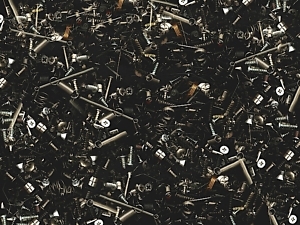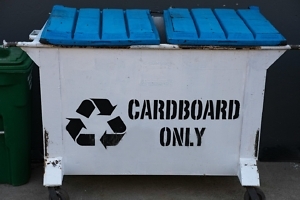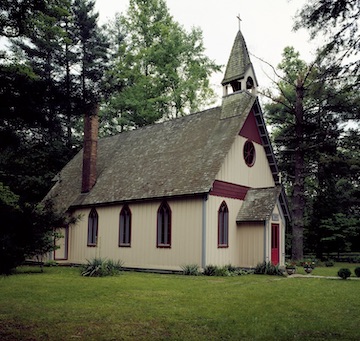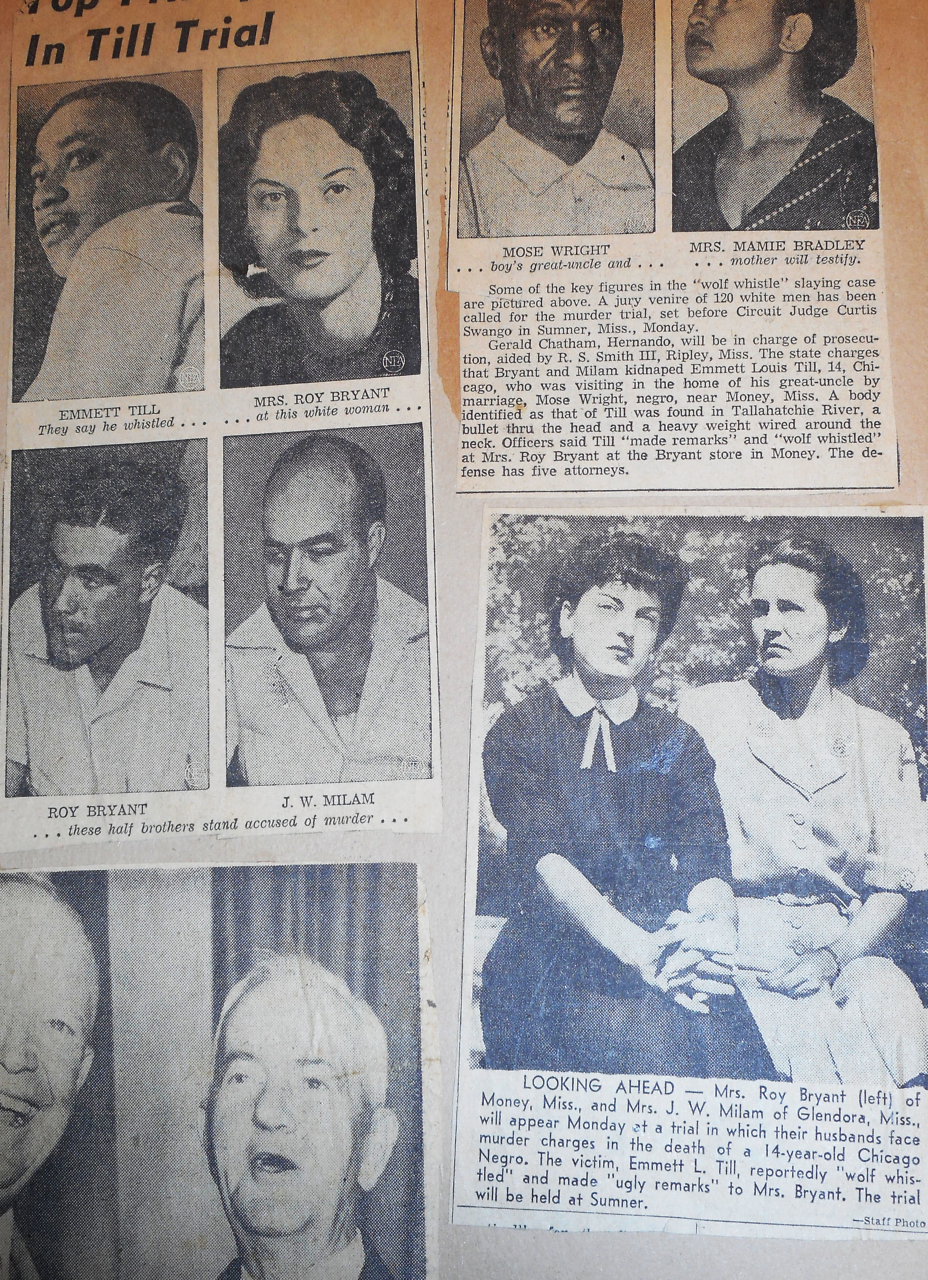Funeral at a Dumpster
How do you let go of all the stuff?
Stuff accumulates. That’s sounds like an axiom Aristotle would have written, or should have, though the Greeks of his time weren’t plagued with the material excess characteristic of modern, developed economies. Even people who have been wary of the universal tendency to accumulate stuff and lived a comparatively non-accumulating life are still faced with disposing of all those personal boxes and artifacts when the years ahead shrink.

My children, who are very responsible, recently had to oversee their mother’s (my first wife’s) move to a memory care facility. She had been reasonable about stuff, but still had closets and a garage full of it, mostly boxes of papers, letters, pictures, books, and the remains of work, family, church, and civic activities. It was the output and record of a full life. She probably meant to deal with it all, but became incapable of making the decisions necessary for disposition, leaving our children to be the default deciders/disposers.
Those decisions are hard and painful. Making them is one of the many burdens aging bestows on those fortunate enough to last. I’ve recently been trying to make them myself. I’m not a pack rat, particularly, but have always saved valuable hardware, using the “You’ll never know when you might need it” argument. So I have cutoff milk jugs filled with every kind of screw, nut, and bolt, some of them carefully sorted: metric or American thread type, hex head, square head, flat head, round head, Phillips, slotted, star or square drive head, etc. People who haven’t been intimately involved in servicing their stuff, as it accumulates, would be surprised at the many types of fasteners that hold it together.
And sometimes even now, I do find one or more of my accumulated treasures useful in a new application. But there is no excuse for trucking around through many moves a collection of cylinder head bolts from the several old Hudsons I kept running as a youth, and similar parts from a series of 50s Buicks and 60s Ford Falcons. The chance of ever finding a use for these parts now is slight. The standard criterion is based on recent use: “If you haven’t needed it within the last six months, you probably won’t need it again and should get rid of it.” Yet every bolt and screw has a story to tell and can evoke a memory. Besides their place of first use, many of them could tell of being scattered around a garage near the California Loma Prieta quake of 1989. I had a lot of resorting to do after that, but was still young enough that end times didn’t affect my thinking.
There are many other items in my current storage building that most people would consider junk. Some of them are perfectly good and usable like a fuel pump and heater blower for cars I no longer own, carburetor parts from several lawn mowers that have long since rusted away, vacuum tubes from my experiments with FM receivers more than 60 years ago. The memories attached to these parts are harder to let go than the hardware itself.
My storage building also holds boxes of music I used to play on the piano or sing in one of the many choral organizations I belonged to over the years. I inherited and saved music for some of the popular songs my grandfather used to play and sing in the early 20th century. I have a box of newspaper and other clippings my father collected and carefully annotated, and boxes of letters typed by him or handwritten by my mother between 1957, when I went off to my first college, and the 1990s when they both became too old to continue the family letter writing tradition.

Those letters, along with my personal logs, notebooks, letters, and diaries, could document my life in intimate detail. My notes and exam books from the classes I took to earn my degrees are all there. Scattered through my blue books from graduate school are complimentary notes from my professors. The lecture notes I prepared for the classes I later taught are also there and would provide clues to what I considered important for my students to know. If I sat down to go through all these papers now, I’d be hooked for endless hours of narcissistic nostalgia. Had I become famous, a careful biographer would mine all these papers thoroughly. But I shall never have one.
The most painful truth-memory of all is: Who would care? I’ll be a small box of ashes probably within a decade, the cremated remnants from a medical school anatomy class somewhere. My surviving contemporaries — and they are a dwindling population — will surely be more concerned with their own life residue than with mine. I can’t expect my wife and responsible children to paw through my papers in order to know me. They’ll have in-person memories and enough to do executing my estate, even simple as it is. My more distant progeny, if they care enough about their origins to dig into my life, will have to be satisfied with my print output, the 30+ (and growing) self-published volumes. Some of them aren’t too bad, and all the stories probably say something about me.
The primary sources currently moldering in my storage building, however, will soon be no more than my carcass, if I can steel myself enough to heave them into the recycling bins at the nearby convenience center. That would be my final gift to my wife and children, and a testament to my courage, a kind of suicidal throwing myself out. If anybody considers some kind of ceremony to be necessary—and I have not encouraged that — it should be held at a recycling dumpster.
Copyright © 2025 by Ralph Bowden. All rights reserved.

Ralph Bowden, who holds a Ph.D. from the University of North Carolina, has worked as an electrical engineer, history professor, home builder, alternative-energy consultant, and technical writer. A former resident of both Knoxville and Chattanooga, he lives in Cookeville.


